11
Minsk’s Signals: Belarus and the War in Ukraine
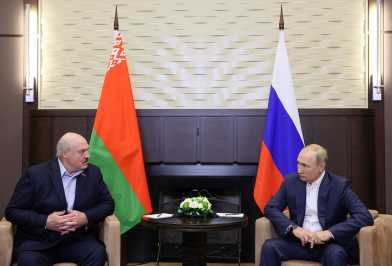
Russian troops have launched attacks on Ukraine from Belarus. The Lukashenka regime is Putin’s closest ally, but their interests diverge. It is thus key to differentiate and read the erratic actions and rhetoric from Minsk as signals towards east, West, and south, argues Benno Zogg in this CSS Policy Perspective.
The China Factor in Russia’s War in Ukraine
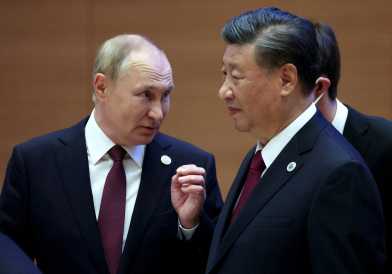
China appears to have growing concerns about Russia’s war in Ukraine. Although China is not prepared to abandon its partnership with Russia, Western leaders should aim to ensure that China’s support for Russia remains limited. They should also seek China’s support in dissuading Russia from using nuclear weapons, argues Brian G. Carlson in this CSS Policy Perspective.
Why conflict parties cease fighting
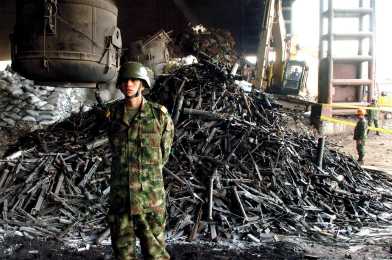
The path to peace usually leads through a ceasefire. In an international project, CSS researchers have shown the conditions under which parties to civil wars are willing to stop fighting – and why they decide to do so.
Ukraine’s Uncertain Path to the EU
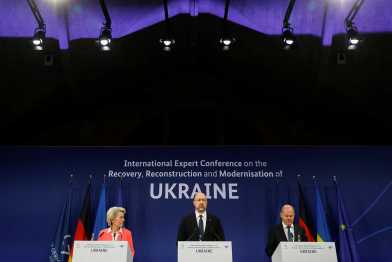
Solidarity with Ukraine in surviving a war of aggression must be accompanied by realism about the country’s ability to draw closer to EU membership. The sustainability of the accession process depends on straightforwardness about the hurdles posed by the Russian aggression and the domestic reform inertia, argues Henrik Larsen in this CSS Analysis.
Norms vs. Realities: Cyber at the UN
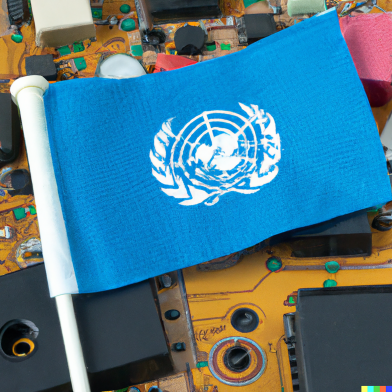
In the wake of Russia’s invasion of Ukraine, cyber norms discussions at the UN have reached an impasse. Tensions between the US and Russia have stalled substantive progress, particularly on issues of cyber conduct during armed conflict. Yet, the continued existence of the UN working groups is a small but positive sign for the future, as is the growth of norm discussion venues beyond the UN, argues Taylor Grossman in this CSS Analysis.